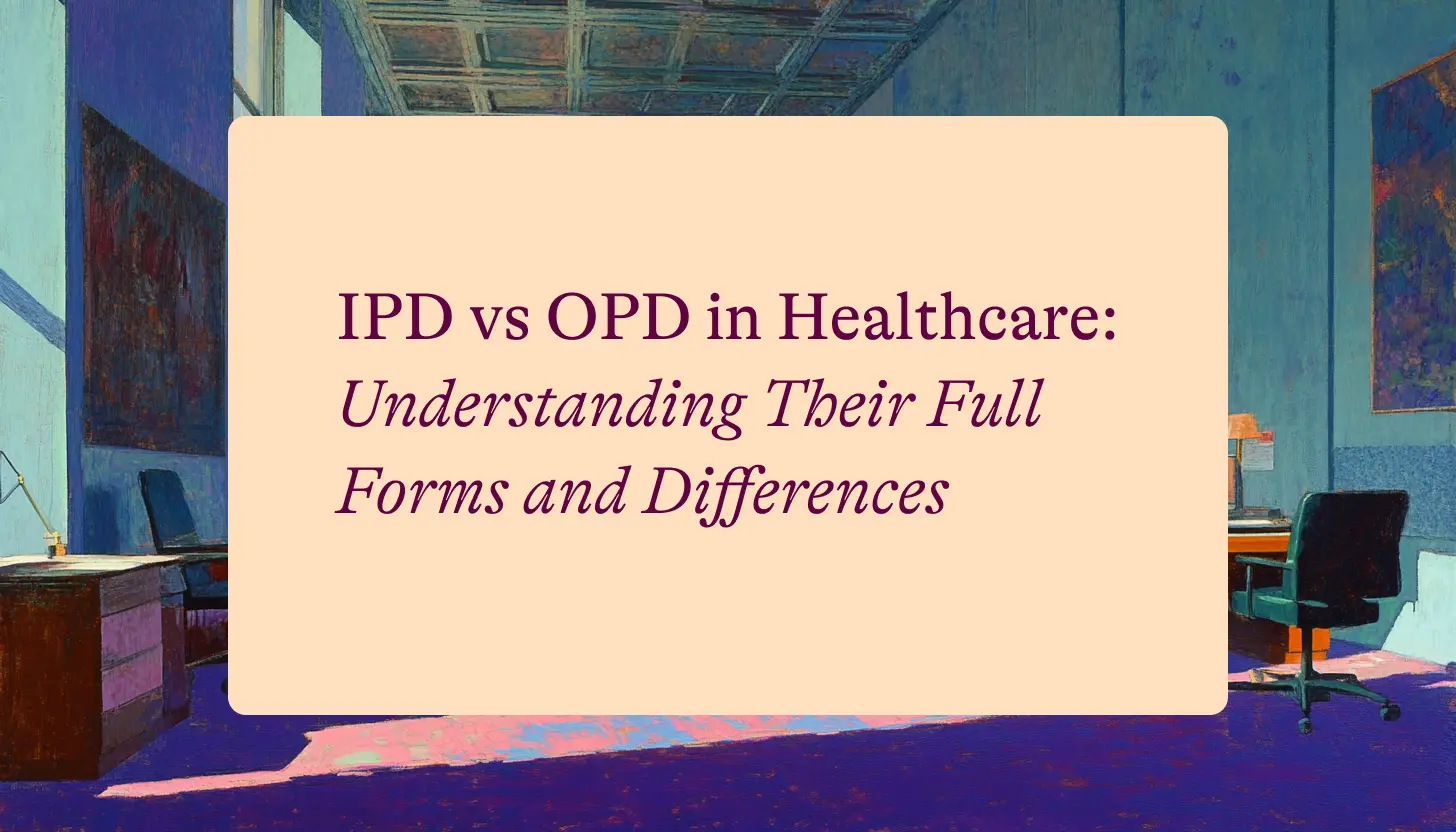Why TPAs Matter More Than We Realise
Health insurance isn’t just about paying premiums and receiving a policy document. The real test begins when someone is admitted to a hospital at 2 a.m., and a family member asks: “Who will handle the paperwork? Will the insurer approve the bill? Will it be cashless?”
This is where most people interact not with the insurer, but with a TPA — Third Party Administrator.
The TPA full form is easy to remember. But its role in simplifying claims, enabling cashless hospitalisation and supporting policyholders during emergencies is often misunderstood.
What is the TPA Full Form?
TPA full form is Third Party Administrator.
A TPA is an organisation licensed by the IRDAI (Insurance Regulatory and Development Authority of India) to help insurance companies manage health-related services — mainly claims processing, cashless approvals, and customer support.
They don’t sell policies, don’t decide premiums, and do not pay the claim money themselves. Instead, they act as a bridge between the insurer, hospital and policyholder.
Why Were TPAs Introduced in India?
Before 2001, insurance companies handled all claims internally. As health insurance grew, so did paperwork, disputes, and delays. To solve this, IRDAI introduced Third Party Administrators to:
- Standardise the claims process
- Reduce delays and fraud
- Manage hospital networks for cashless facilities
- Create a single point of contact for policyholders
Today, TPAs are an integral part of most health and group health insurance plans.
Roles and Responsibilities of a TPA
How Does the TPA Claims Process Work?
A. Cashless Claim (Network Hospital)
- Visit a network hospital.
- Share your TPA card/e-health card.
- Hospital sends a pre-authorisation request.
- TPA verifies policy details and medical necessity.
- If approved, hospital bills the insurer directly.
- You pay only non-medical expenses like food, PPE kits or service charges.
B. Reimbursement Claim (Non-network Hospital)
- You pay the hospital bill at discharge.
- Submit original bills, discharge summary, prescriptions to the TPA.
- TPA verifies and forwards to the insurer.
- Insurer reimburses eligible expenses to your bank account.
Why Are TPAs Important for Policyholders?
TPA in Group Health Insurance (For HR & Employers)
If you are offering group health insurance to your employees, understanding the TPA’s role is critical. Here’s why:
- Employees contact TPAs first during hospitalisation.
- Faster TPA approvals = lower panic and delay.
- A strong TPA means fewer claim disputes and smoother HR workflows.
- Some insurers use in-house claims teams instead of TPAs.
If you're comparing group policies, check:
✔ Which TPA or in-house team handles claims?
✔ Average claim approval time?
✔ Hospital network size and city coverage?
✔ Digital vs manual claims process?
How Plum Goes Beyond Traditional TPAs
While traditional TPAs work behind the scenes, Plum adds a layer of technology and human support on top of it.
With Plum, employees get:
Digital Health Cards — No plastic cards, accessible anytime
Cashless Hospital Search Tool — https://plumhq.com/group-health-insurance
Guided Claims Support — A Plum team member personally assists during claims
24/7 Emergency Helpdesk
Real-time claim tracking from dashboard or mobile
No paperwork for employees — hospitals and Plum handle documentation
Explore Plum’s group medical insurance plans here.
Frequently Asked Questions (FAQs)
Q. What is the TPA full form?
A. TPA full form is Third Party Administrator, an IRDAI-approved organisation that manages claims and cashless services on behalf of insurers.
Q. Are all health insurance policies managed by TPAs?
A. No. Some insurers use TPAs, while others have in-house claims teams.
Q. What is a TPA card?
A. It is an ID card (physical or digital) issued through the TPA that helps verify your policy and enables cashless treatment.
Q. Can I choose my TPA?
A. In individual policies, the insurer assigns the TPA. In some cases, you can request a change at renewal.
Q. What is a TPA number?
A. It is your unique identification number assigned by the TPA to track claims and access services.
.avif)








.avif)
















